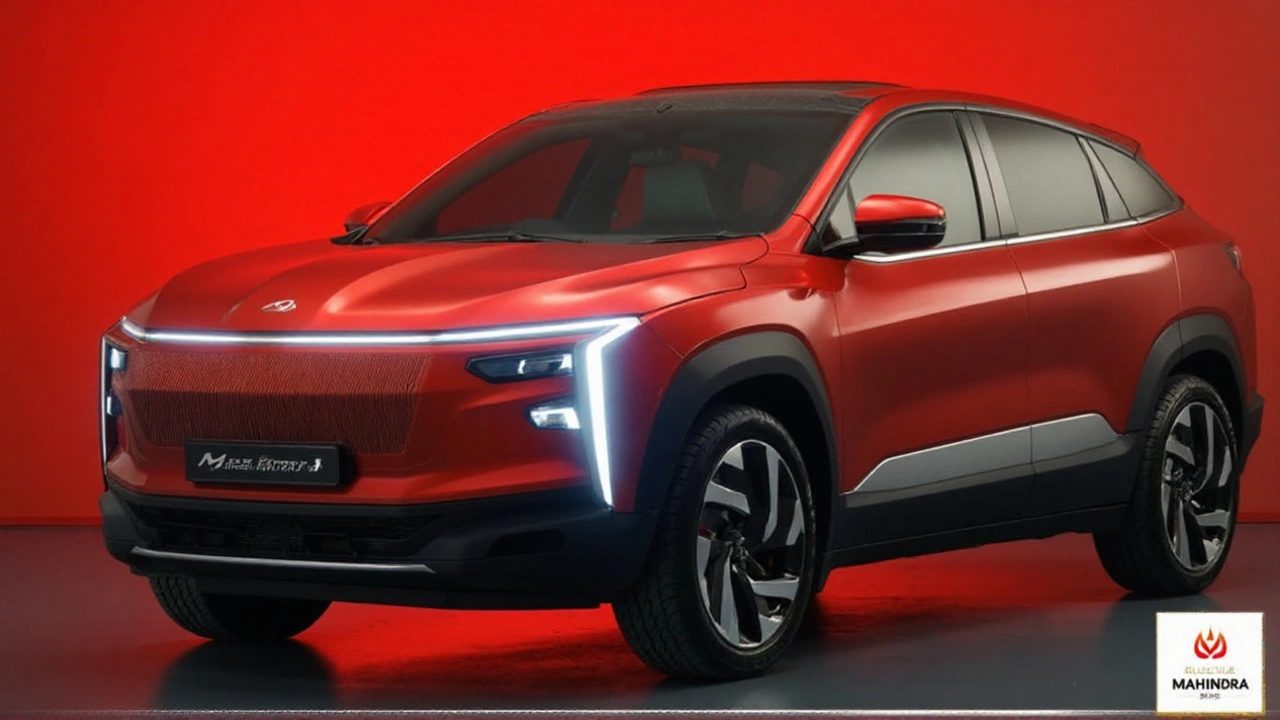Price India – Your Quick Guide to Current Costs
Trying to figure out how much things cost in India can feel like a puzzle. Whether you’re budgeting for groceries, hunting for a new phone, or planning a house rent, knowing the right price saves you time and money. Below you’ll find the most common price ranges and practical ways to snag the best deals.
Top Categories and Their Typical Prices
Groceries: A kilogram of rice usually runs between ₹40‑₹70, while a dozen eggs cost around ₹60‑₹80. Fresh vegetables like tomatoes or onions are often ₹20‑₹30 per kilogram, depending on the season.
Electronics: Mid‑range smartphones from brands such as Redmi or Realme start at ₹10,000 and can go up to ₹25,000 for better cameras. A 32‑GB USB flash drive typically costs ₹300‑₹500.
Transportation: An auto‑rickshaw ride within a city averages ₹15‑₹30 per kilometer. For longer trips, Indian Railways sleeper class tickets range from ₹300 to ₹800 depending on distance.
Housing: In major metros like Mumbai or Delhi, a one‑bedroom apartment in a decent neighborhood can cost ₹15,000‑₹30,000 per month. Smaller cities such as Jaipur or Kochi often see rents below ₹10,000.
Services: A standard haircut at a local salon is usually ₹150‑₹300. Internet broadband plans start around ₹500 for 100 Mbps and go up to ₹1,200 for higher speeds.
How to Get the Best Deals in India
First, use price‑comparison apps like MySmartPrice or CompareRaja. They pull data from e‑commerce sites and local stores, giving you a clear picture of the lowest price available.
Second, shop during festive sales. Diwali, Holi, and the New Year often bring discounts of 20‑50 % on electronics, clothing, and home appliances.
Third, consider buying from local markets instead of big chains. A farmer’s market will usually have fresher produce at lower prices than a supermarket.
Fourth, don’t ignore cash‑back offers on credit cards or digital wallets. A 5‑10 % cashback on a purchase can make a noticeable difference over time.
Finally, check for price‑matching policies. Many online retailers will match a lower price you find elsewhere, so keep screenshots handy before you checkout.
By staying informed about typical price ranges and using these smart‑shopping tricks, you’ll navigate India’s market like a pro. Keep this guide bookmarked and refresh it whenever you notice price shifts – the market moves fast, but you can stay ahead.
Mahindra XEV 9e Pack 3 launched at Rs 30.50 lakh: range, features, rivals, delivery timeline
Mahindra has launched the XEV 9e Pack 3, its top-spec electric SUV variant, at Rs 30.50 lakh (ex-showroom). It packs a 79 kWh battery with a certified 656 km range, Level 2 ADAS with five radars, a Snapdragon 8295-powered cockpit, and a 16-speaker Harman Kardon system. Deliveries for some variants start in July 2025, with full rollout by August 2025.
